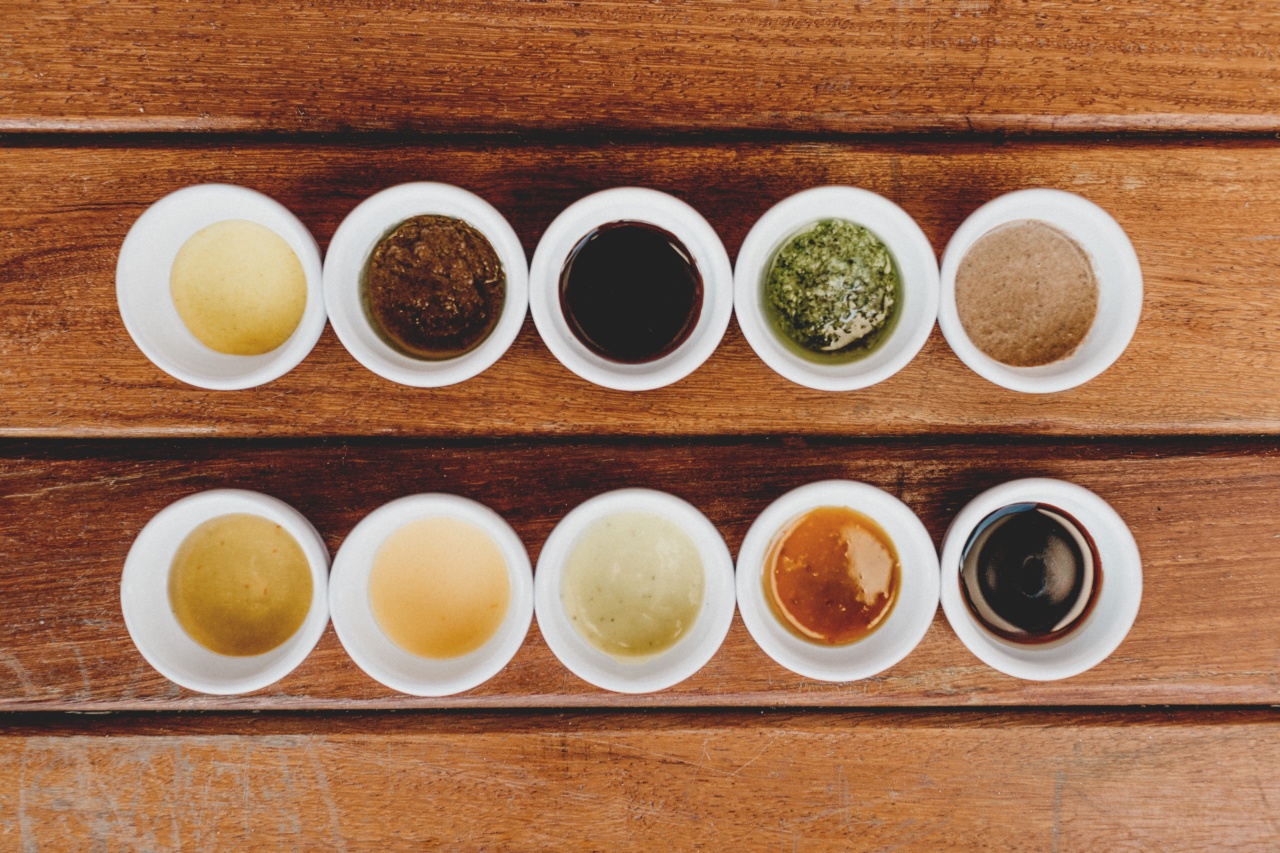Pancreatitis is the inflammation of the pancreas, a gland located behind the stomach. The pancreas produces enzymes that aid in digestion and hormones that regulate blood sugar.
When the pancreas becomes inflamed, it can lead to a range of symptoms and complications.
Types of Pancreatitis
Pancreatitis can be categorized into two main types: acute pancreatitis and chronic pancreatitis.
Acute Pancreatitis
Acute pancreatitis is a sudden and severe inflammation of the pancreas. It can range from mild discomfort to a life-threatening condition.
The most common cause of acute pancreatitis is gallstones, which can block the pancreatic duct and trigger inflammation. Other causes include excessive alcohol consumption, certain medications, infections, and trauma to the abdomen.
Symptoms of Acute Pancreatitis
The symptoms of acute pancreatitis may include:.
- Severe abdominal pain that radiates to the back
- Nausea and vomiting
- Fever
- Rapid pulse
- Swollen and tender abdomen
Treatment for Acute Pancreatitis
The treatment for acute pancreatitis focuses on relieving symptoms, managing complications, and allowing the pancreas to heal. It typically involves:.
- NPO (nothing by mouth) to rest the pancreas
- Pain medications
- Intravenous fluids to prevent dehydration
- Antibiotics if an infection is present
- Surgery to remove gallstones or drain fluid collections, if necessary
Chronic Pancreatitis
Chronic pancreatitis is a long-standing inflammation of the pancreas that leads to permanent damage. It is usually caused by long-term alcohol abuse or recurring episodes of acute pancreatitis.
Chronic pancreatitis can progressively impair the pancreas’ ability to produce enzymes and hormones, resulting in digestive and metabolic problems.
Symptoms of Chronic Pancreatitis
The symptoms of chronic pancreatitis may include:.
- Abdominal pain, often radiating to the back
- Weight loss
- Greasy stools
- Diabetes
- Nausea and vomiting
Treatment for Chronic Pancreatitis
The treatment for chronic pancreatitis aims to manage symptoms, prevent complications, and prevent further damage to the pancreas. The treatment may involve:.
- Abstinence from alcohol
- Pain management medications
- Pancreatic enzyme replacement therapy to aid digestion
- Dietary modifications, such as a low-fat diet
- Insulin or other medications to manage diabetes, if present
- Endoscopic procedures or surgery to relieve ductal strictures or remove blockages, if necessary
Complications of Pancreatitis
Pancreatitis can lead to various complications, which include:.
- Pseudocysts: Fluid-filled sacs that form in the pancreas
- Pancreatic abscess: A collection of pus within the pancreas
- Pancreatic necrosis: Dead tissue in the pancreas
- Diabetes: Insufficient insulin production leading to high blood sugar
- Malnutrition: Inadequate absorption of nutrients due to impaired pancreatic function
Prevention of Pancreatitis
While some causes of pancreatitis, such as genetic factors, cannot be prevented, there are ways to reduce the risk. These include:.
- Avoiding excessive alcohol consumption
- Eating a healthy diet low in fat
- Maintaining a healthy weight
- Quitting smoking
- Managing underlying conditions, such as gallstones or high triglyceride levels
Conclusion
Pancreatitis is a condition characterized by inflammation of the pancreas. It can be classified as acute or chronic, with each type having its own causes, symptoms, and treatment options.
Prompt medical attention and proper management are crucial in preventing complications and improving the quality of life for individuals with pancreatitis.





























